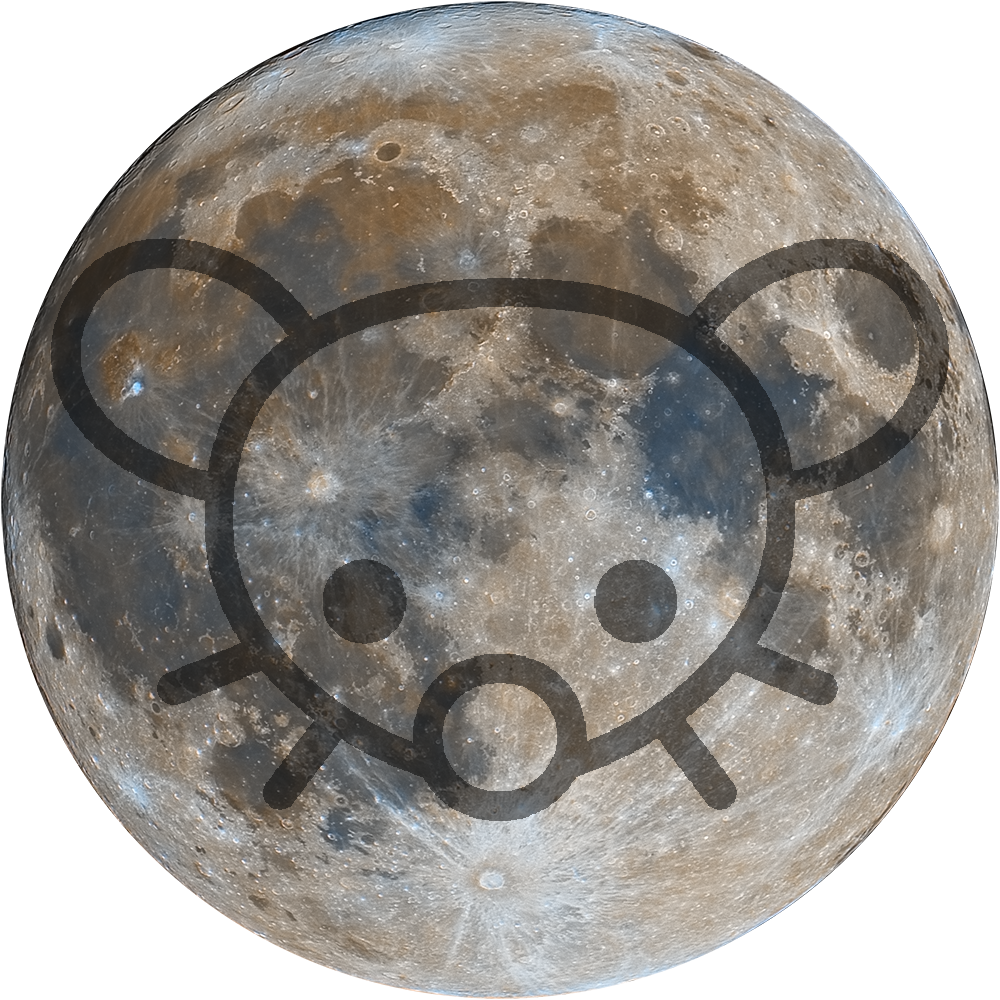Hope this low effort post is accepted, I just wanted to share my first image when I started.
There was no telescope or tracker used, just a smartphone leaned against my wallet.
Images:
- ~400 x 1s
- ISO 3200
Editing:
- stacking/ stretching in Siril
- GraXpert for gradient and denoising
- BlurXTerminator for deconvolution
- Starnett++ to edit the barely visible nebula a bit better
- final editing in Photoshop


I take it there was heavy editing after the initial capture - not least because of the constellation lines.
Yes, I used Siril for stacking/ stretching, Starnett++ for star removal (to edit the glimpse of orion nebula a little better), GraXpert for gradient and noise, and BlurXTerminator for deconvolution. Final editing was done in Photoshop.
So heavy editing indeed…
At this point… low effort?
I mean, I literally just put the phone on the roof of my car and leaned it against my wallet. It was just an experiment because I wanted to know whats possible with just a phone
With those tools you did not even need to take a picture.
While there are tools like generative AI models to invent images like this, in astrophotography it is very important only to use tools which don‘t invent any new information.
The only tool which is debatable is denoising with AI, as it really creates information learned from other images. But even here there are ways to prevent this.
Imo at the end we want to capture whats really out there, not what there could be
To my mind, a lot of astrophotography seems to be hooking a camera up to a telescope, making sure it’s focused right, and taking a buncha pictures. Of course proper maintenance of equipment plays a massive role, but my understanding is that a lot of the effort comes from knowing how to post-process
Yes processing the image plays a huge role.
But at the end you can only work with the information provided by your equipment as there are physical limitations on what one can capture.
To me the most interesting part of this hobby is to learn what you physically really have to do to get good images. Physics not only plays a role on understanding what we see in these images but also on how to make them.
Truly fascinating!